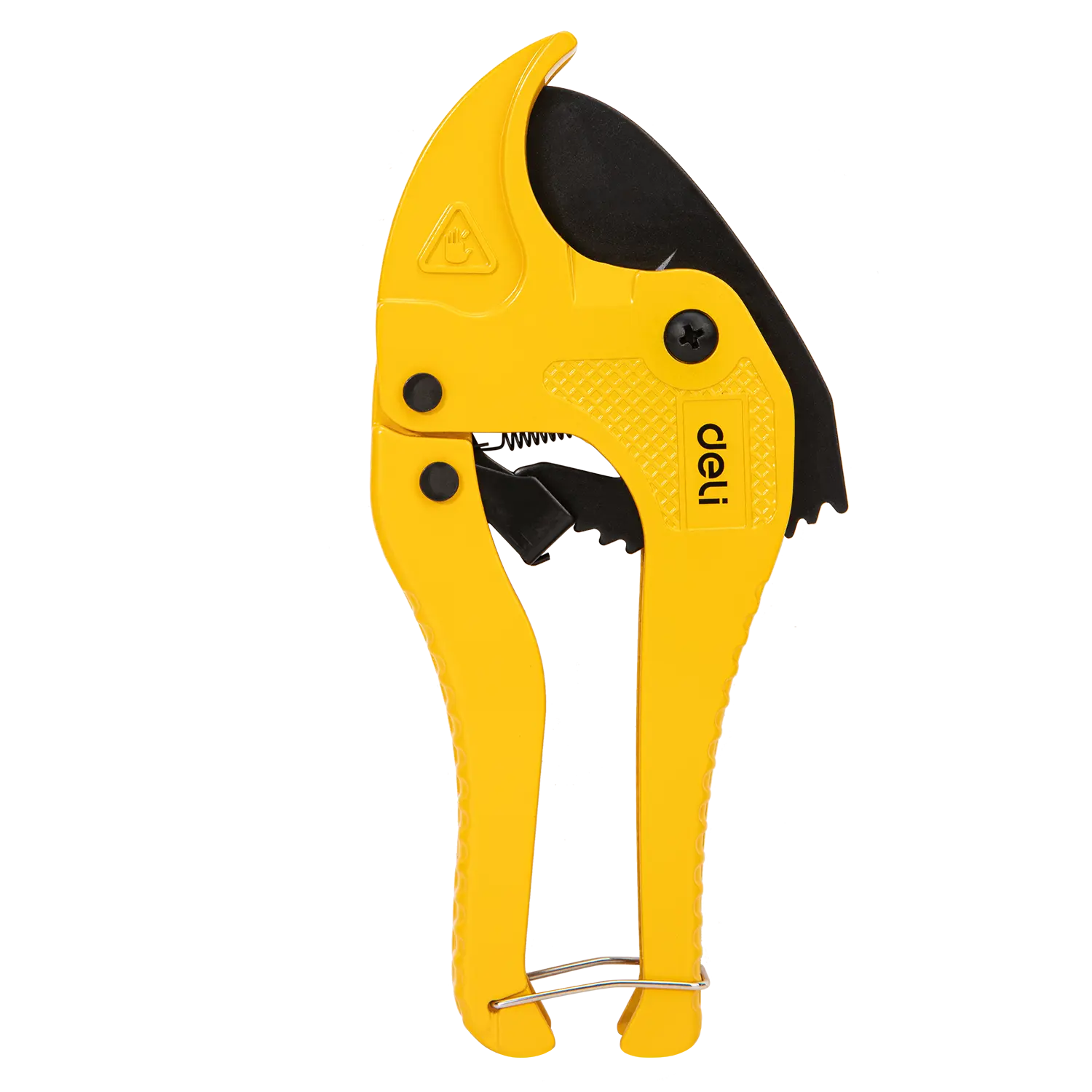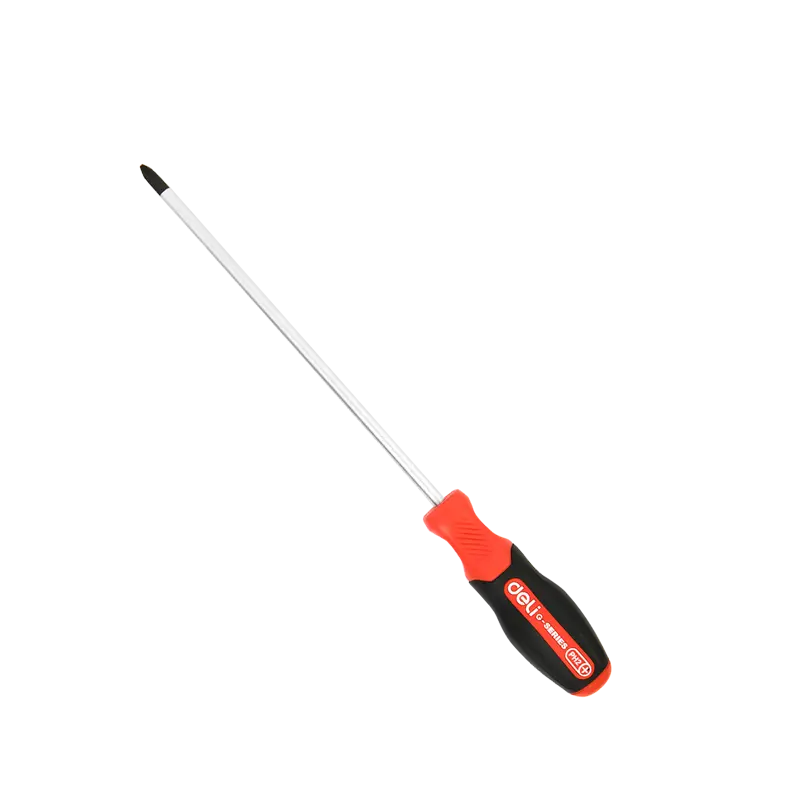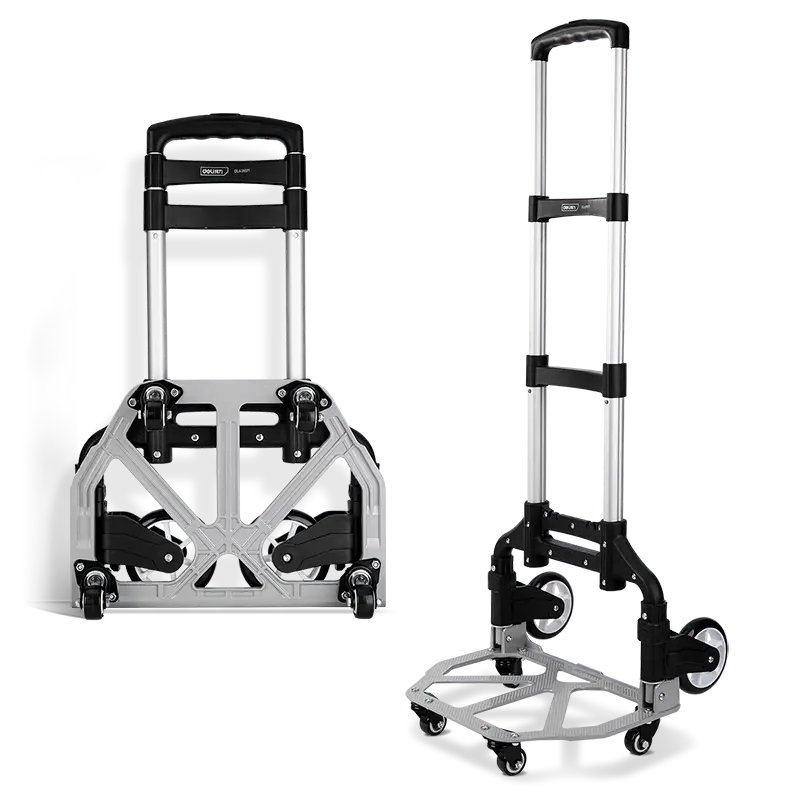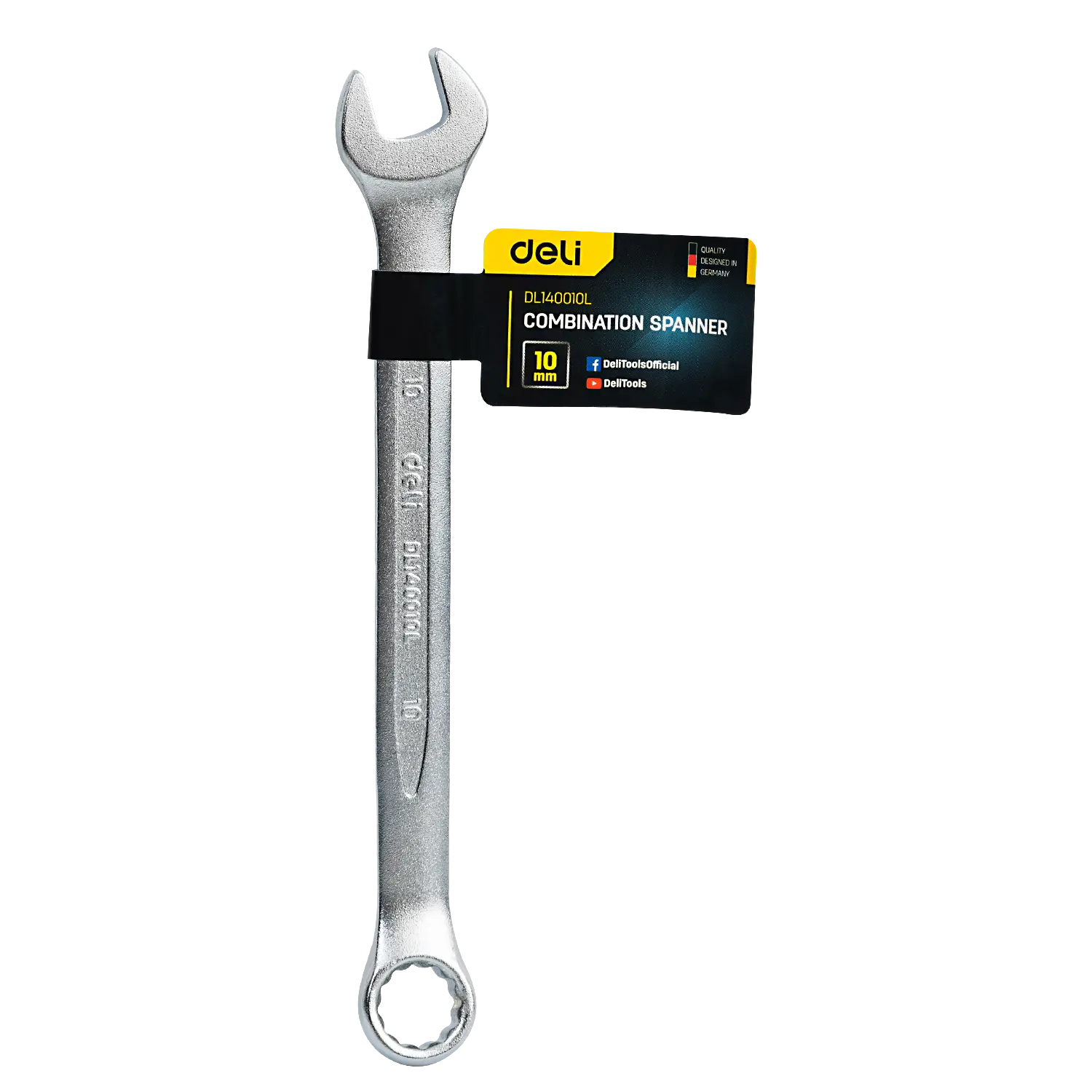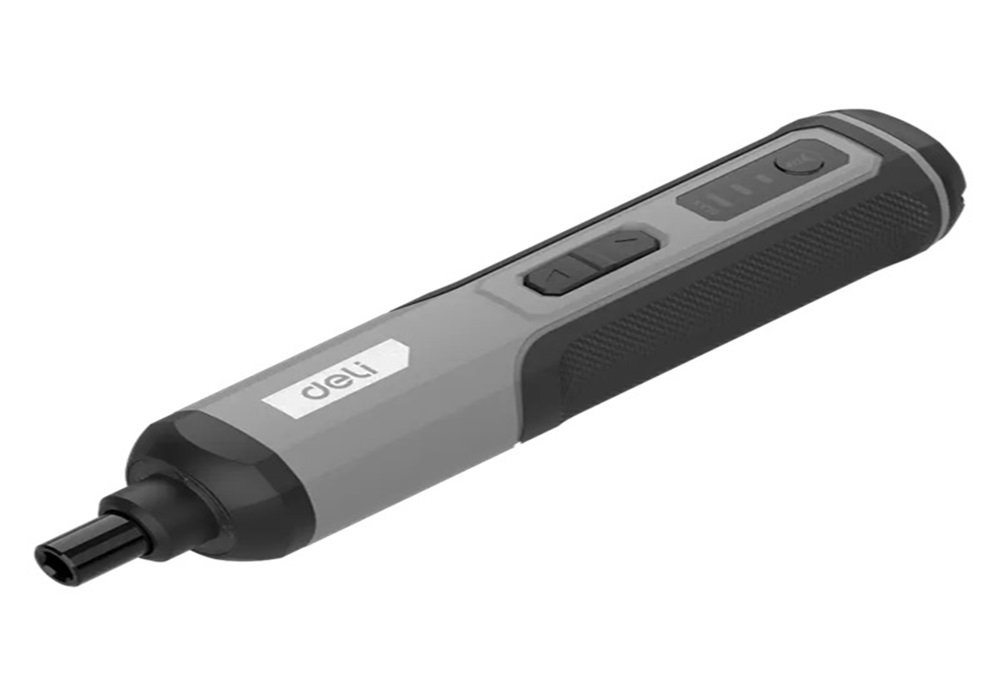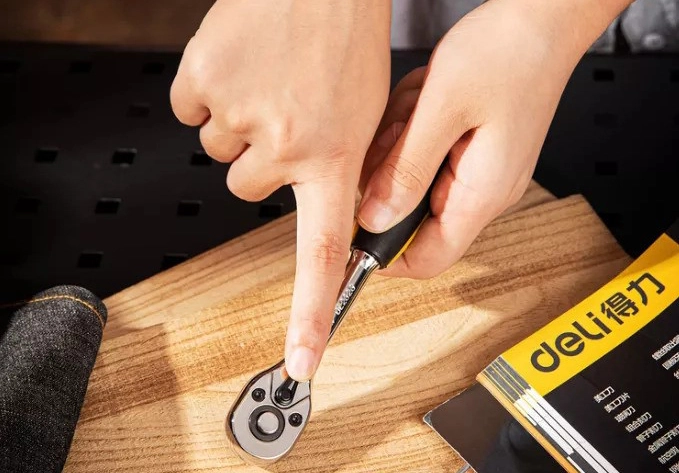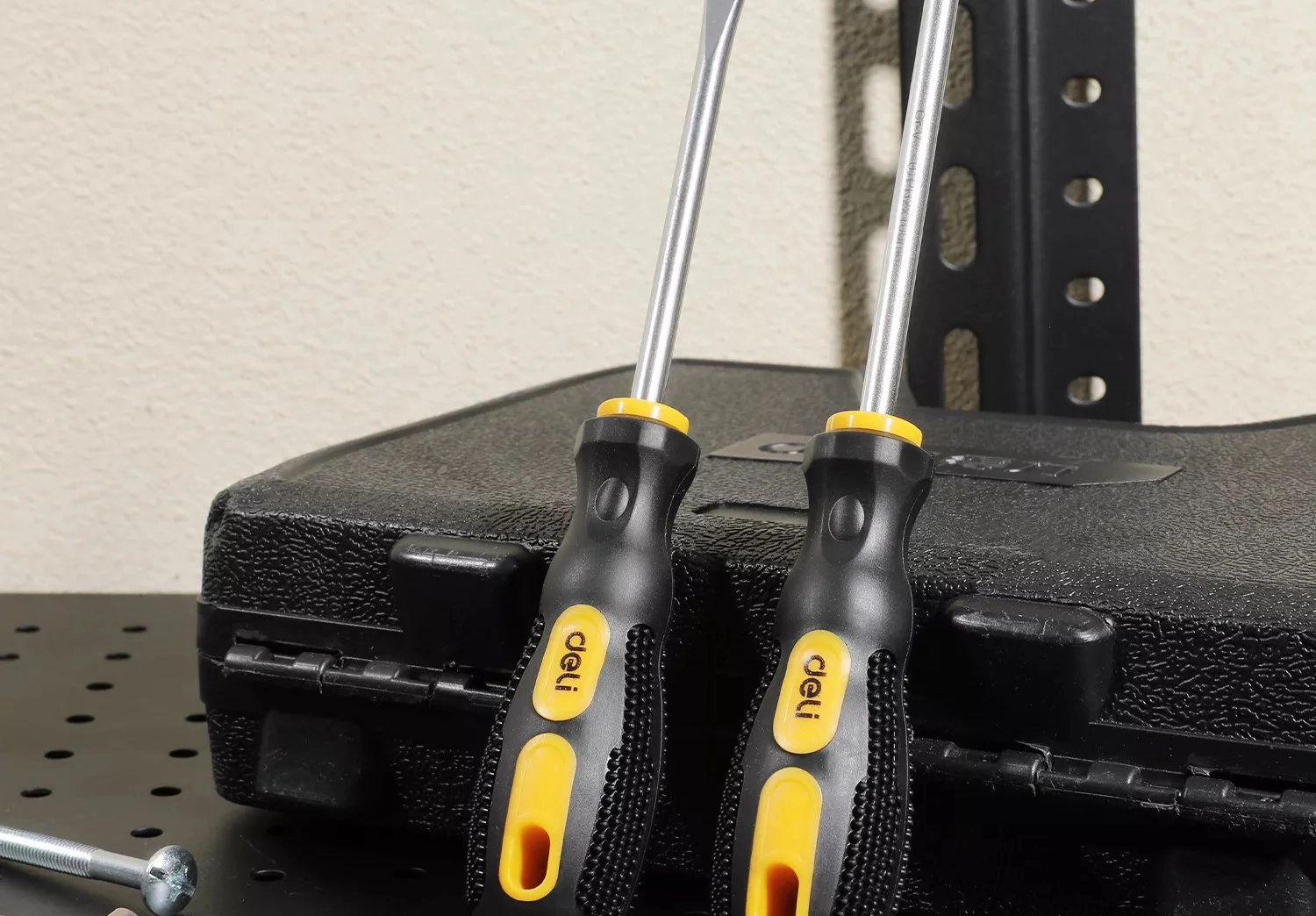A wide range of power tools exists to meet the growing needs of professionals, semi-professionals, and DIY enthusiasts, but few comparisons are as important as that between the heavy-duty impact driver and the rotary hammer. Both tools are designed for demanding applications, yet they serve very different purposes when examined closely. Deli Tools, supported by the global expertise of Deli Group, has quickly become a trusted provider of innovative solutions, ensuring users can distinguish between tools and select the right one for their specific projects. Understanding the differences is essential for achieving the best results in both construction and home improvement.
Structural Differences
When comparing an impact driver heavy duty model with a rotary hammer, the first notable difference lies in their structure. An impact driver heavy duty is compact, with a short head length and ergonomic design, making it easier to maneuver in tight spaces. The structure emphasizes portability and control, often featuring a quick-change hex chuck that allows rapid switching of bits. By contrast, a rotary hammer is built with a bulkier body, longer housing, and an SDS chuck system designed to hold larger drill bits securely for hammering action. This structural design reflects its intended purpose: handling more aggressive drilling into concrete, stone, or masonry. Deli Tools, with its attention to ergonomic detail and robust engineering, ensures that both types of tools are crafted to maximize comfort, safety, and efficiency, whether used for light fastening tasks or demanding drilling applications.
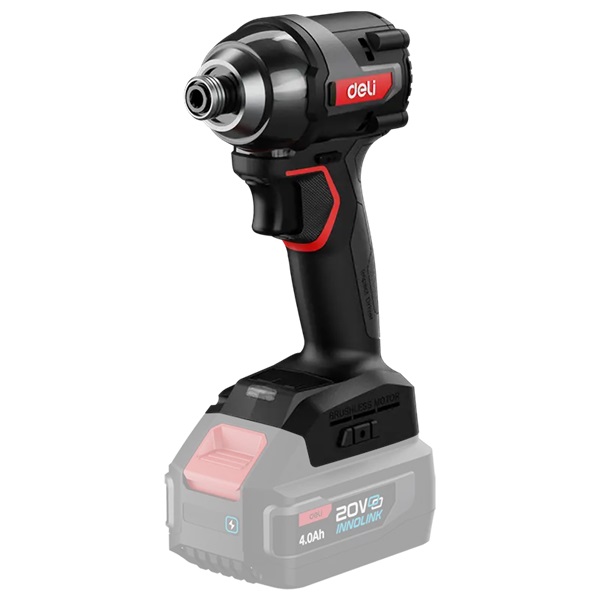
Comparison of Working Principles
The working principles of an impact driver heavy duty and a rotary hammer further highlight their distinctions. An impact driver heavy duty relies on rotational force combined with concussive bursts of torque, which makes it extremely effective for driving screws, bolts, and other fasteners without stripping or over-tightening. Its mechanism emphasizes high torque delivery with controlled speed, allowing it to handle repetitive fastening tasks with precision. A rotary hammer, on the other hand, uses a piston-driven hammering mechanism that delivers consistent blows directly into the drilling surface. This action makes it highly efficient at breaking through dense materials like concrete or stone, where rotational force alone would not suffice. By combining hammering with rotation, the rotary hammer achieves results that an impact driver cannot, while the impact driver remains unmatched in fastener driving. With advanced design resources, Deli Tools optimizes these mechanisms to ensure durability and reliable performance in both categories.
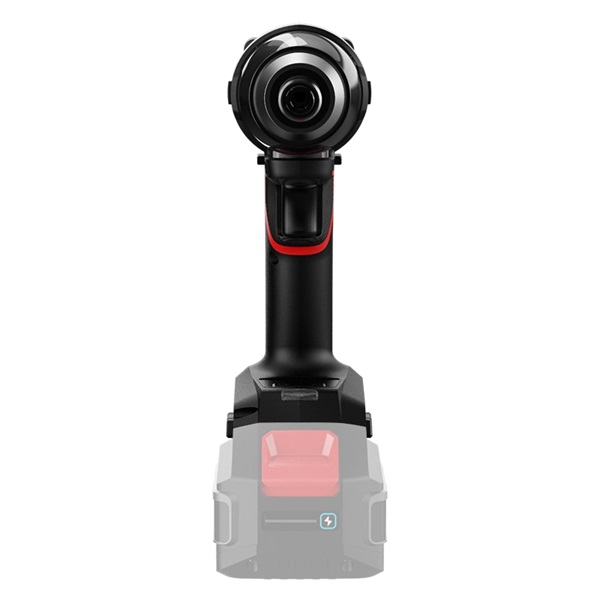
Performance Characteristics Analysis
Analyzing performance characteristics reveals why these tools are so distinct. An impact driver heavy duty is characterized by its high torque-to-size ratio, lightweight handling, and efficiency in fastening jobs. It can drive long screws into tough materials such as hardwood without requiring pre-drilling, saving valuable time. In addition, its compact design allows prolonged use without excessive fatigue, making it a versatile choice for professionals in construction and assembly. Conversely, a rotary hammer is defined by its powerful impact energy and ability to penetrate the hardest materials. Its performance is measured by the strength of its blows and the ease with which it can drill large-diameter holes or perform chiseling tasks. While both are powerful, their strengths lie in entirely different categories, and Deli Tools ensures that each tool is optimized for its specific function, providing users with confidence that they are using equipment tailored for their intended application.
Differences in Application Scenarios
The choice between an impact driver heavy duty and a rotary hammer often comes down to application scenarios. In woodworking, cabinetry, metal fastening, and general construction, the impact driver heavy duty proves indispensable due to its precision and ability to handle diverse fastening needs. Its portability makes it a favorite for installers, repair technicians, and DIY users who need a reliable companion across multiple job sites. On the other hand, the rotary hammer dominates in heavy-duty construction projects involving concrete foundations, reinforced walls, or stonework. It excels in scenarios where drilling strength and impact force are required, such as anchor installations, demolition tasks, or creating pathways for wiring and piping. Deli Tools provides solutions for both spectrums, ensuring that professionals and enthusiasts can rely on tools engineered with global expertise and crafted for the highest standards of durability and performance.
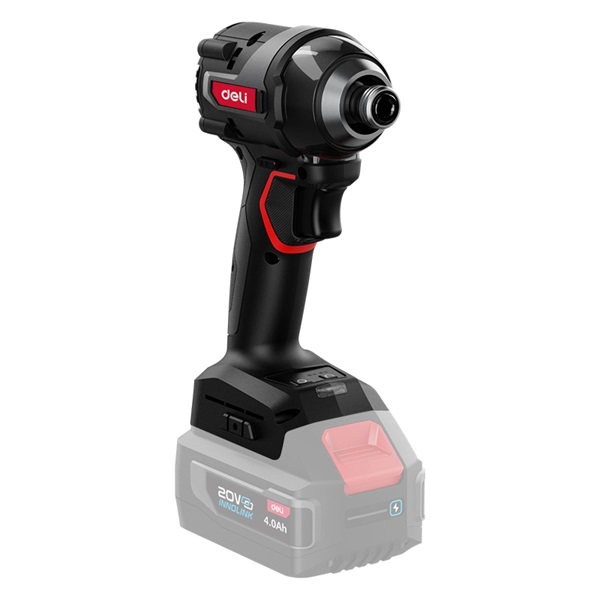
Global Perspective on Usage
From a global perspective, the impact driver heavy duty and the rotary hammer complement each other rather than compete. In many industries and regions, these tools are often used side by side, depending on the stage and type of project. For example, while building frameworks, fastening panels, or assembling structures, the impact driver heavy duty provides unmatched control and speed. Later in the project, when concrete drilling or heavy chiseling is required, the rotary hammer becomes the essential choice. This synergy underscores the importance of understanding their differences. Deli Tools, backed by 43 years of expertise from Deli Group, has positioned itself as a brand that delivers not only tools but complete solutions for varied application environments. By offering a diverse portfolio, the brand ensures that users worldwide can achieve efficiency and precision regardless of project size or complexity.
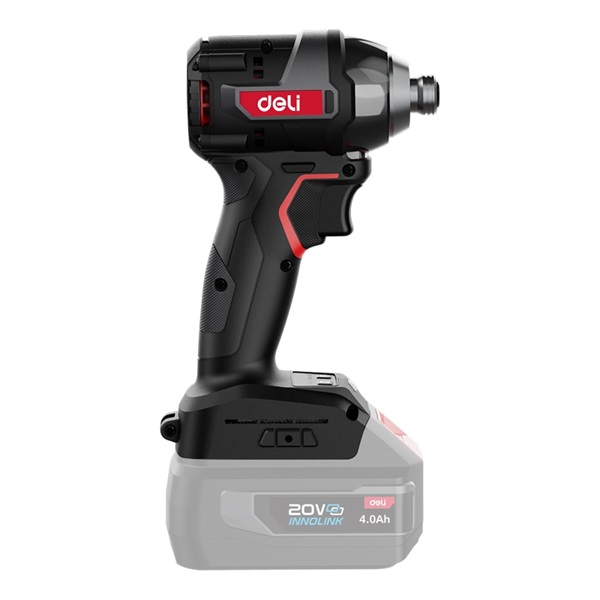

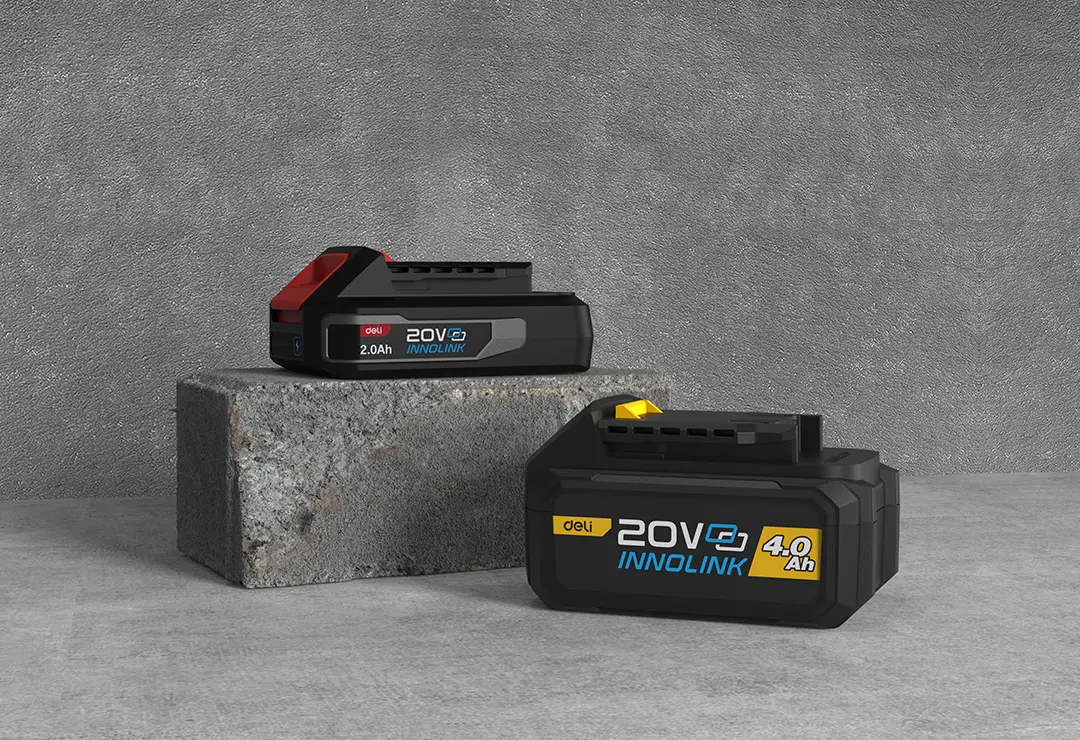
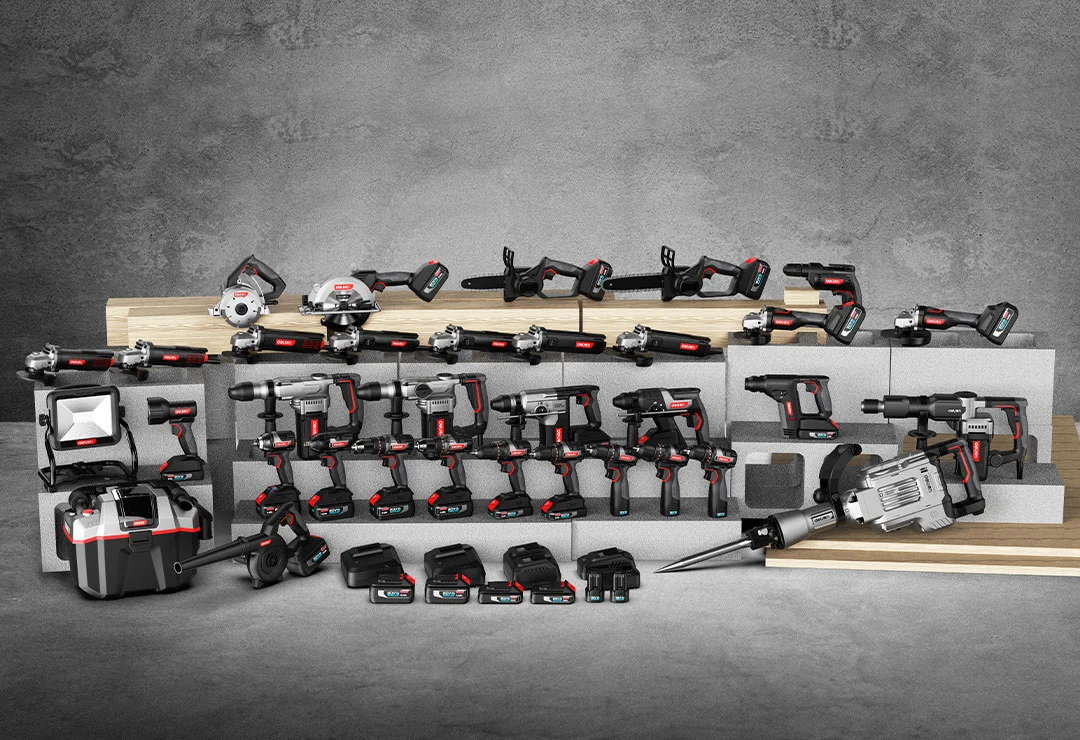
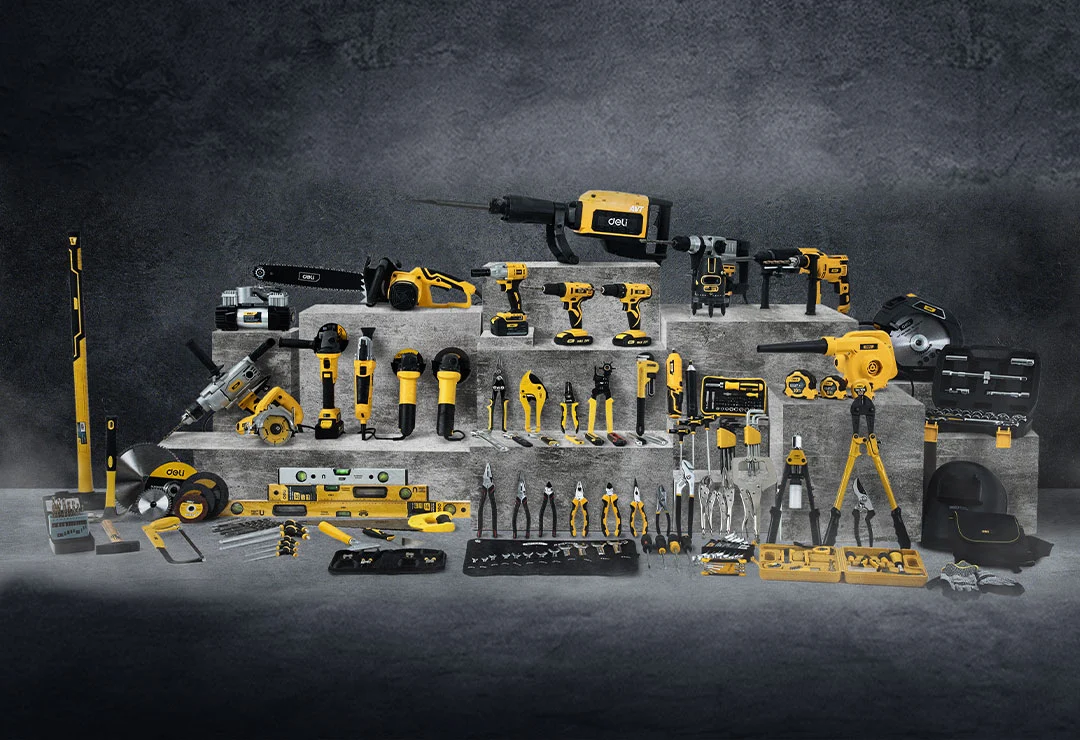
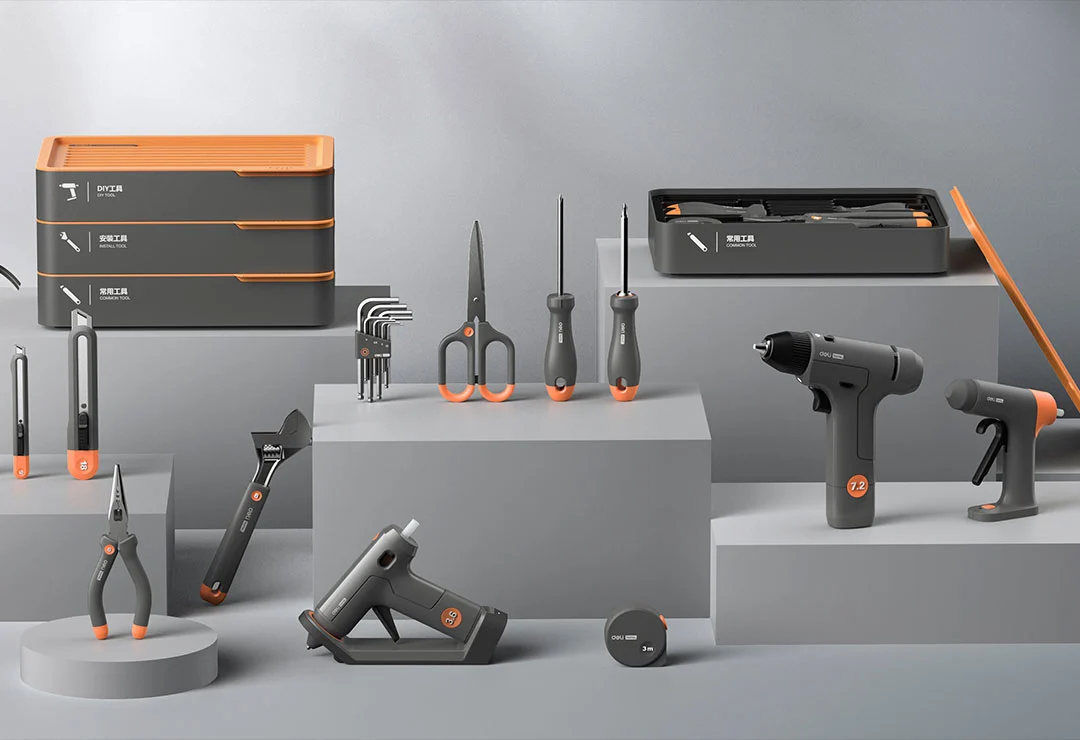
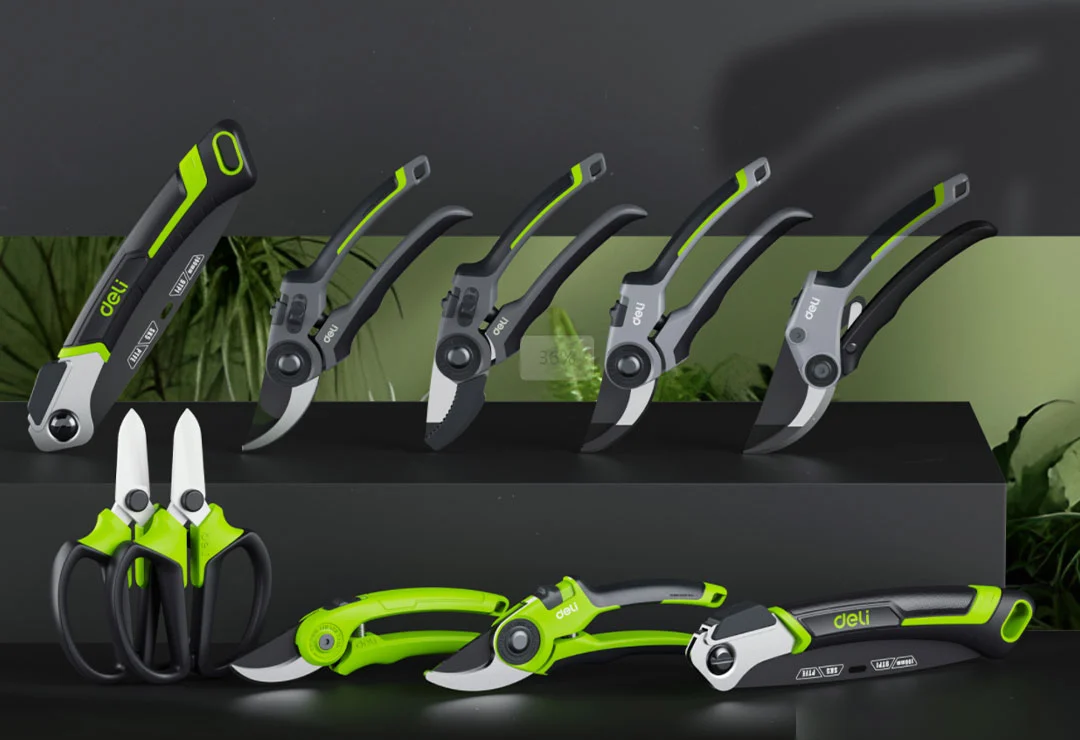
 EN
EN
 jp
jp  ko
ko  fr
fr  de
de  es
es  it
it  ru
ru  pt
pt  ar
ar  vi
vi  th
th  hi
hi  pl
pl  id
id  el
el 



